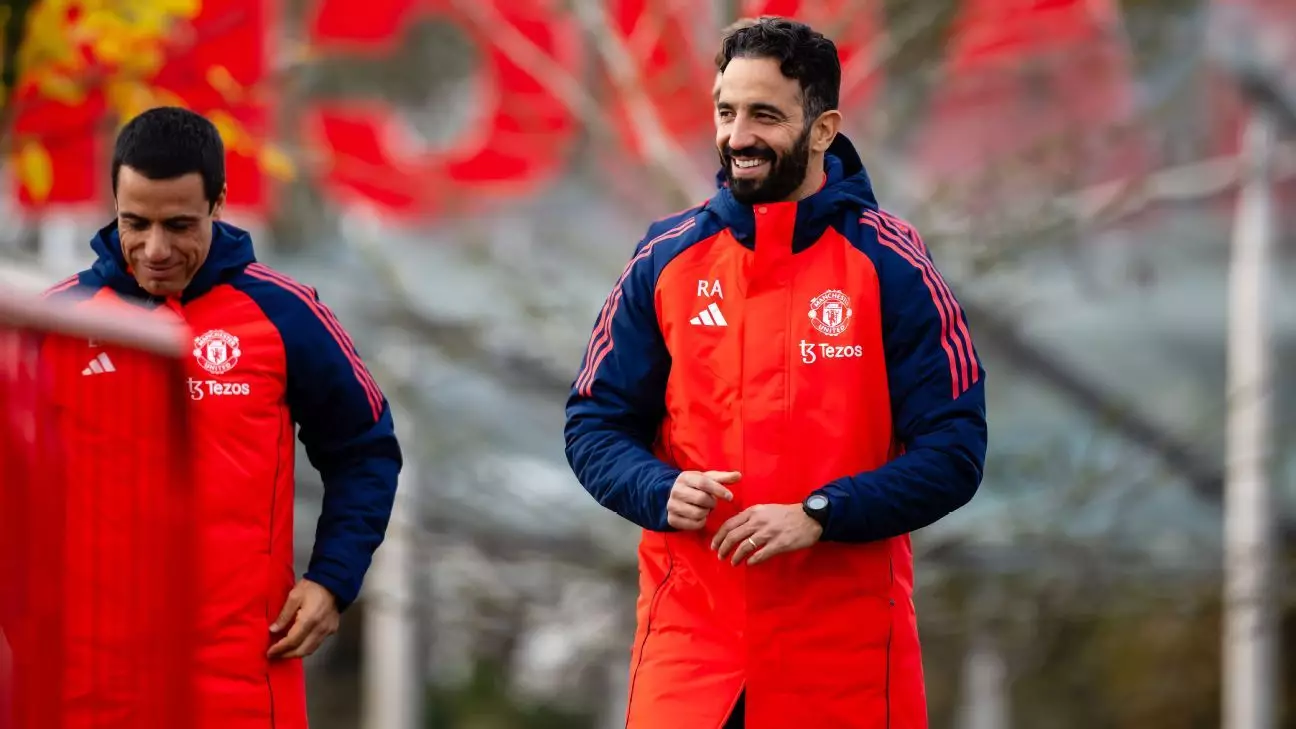As Manchester United embarks on a new chapter with Rúben Amorim at the helm, the club’s immediate future hinges on the Portuguese coach’s ability to extract the best from an underperforming squad. With a significant transition underway, Amorim faces the daunting task of revitalizing a team sitting in a concerning 13th position in the Premier League, all while contending with financial constraints that limit new signings. His debut match against Ipswich Town will be a critical test, setting the tone for his tenure.
In a financial landscape where substantial investment is off the table, Amorim must adapt swiftly. The club has made it clear that the focus will largely remain on leveraging existing talent, a stark contrast to the lavish spending seen under the previous regime led by Erik ten Hag. Ten Hag’s significant outlay, amounting to over £600 million ($757.8 million) for 15 players, set high expectations that now weigh heavily on Amorim. The club’s current approach, designed by sporting director Dan Ashworth and technical director Jason Wilcox, reflects a shift towards sustainability, indicating a preference to cultivate from within rather than overhaul the squad.
Amorim is poised to enact immediate tactical changes, likely shifting United’s formation to a 3-4-3 system—a scheme that has worked wonders for him during his time at Sporting CP. Emphasizing fluidity, defensive solidity, and attacking prowess, this formation will shape the club’s identity under his guidance. This will not only require successful adaptation from players but also effective communication within the changing dynamics of the team. For key figures like Marcus Rashford and Casemiro, the transition to this system will require both mental and physical adjustments, making Amorim’s first weeks integral to instilling confidence and cohesion amongst the squad.
The potential for future recruitment looms large over Amorim’s role, with sources indicating that tighter budgets will remain the norm in the coming years. While he can influence future transfers, the ambition to reconstruct the team drastically seems distant. The need to assess the current roster critically and maximize the potential of lesser-utilized players will define Amorim’s first season. Balancing immediate results with long-term growth will necessitate not just tactical ingenuity but also an insightful understanding of player psychology and motivation.
Rúben Amorim’s appointment marks a pivotal moment for Manchester United—a chance to reclaim their place among elite European teams through resourcefulness and tactical acumen. As he embraces the challenge of leveraging inherited talents, the success of his approach may redefine the trajectory of the club. While he may not have the freedom to reshape the squad significantly, his ability to rejuvenate existing players and inspire a united ethos on the pitch could just be the spark needed to ignite a revival at Old Trafford. The echoes of the past linger, but beneath the surface lies potential waiting to be unleashed.

